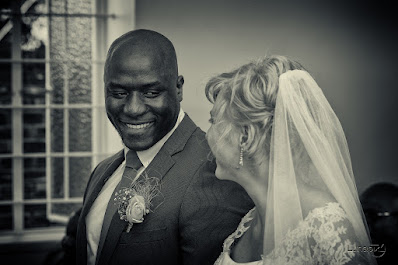Chapter 1
When I was a child, I talked like a child, I thought like a child, I reasoned like a child. When I became a man, I put the ways of childhood behind me.
1Corintians 13:11
David
Thoughts of my early childhood are coloured with memories of African sunsets, big game, dusty feet, camp fires and community. Born in the military camp at Buffalo, on the banks of the Okavango river, life was an intricate blend of both simple and complicated. We had little in terms of convenience and worldly comforts. Toys were fashioned from the land and food was cooked on open fires. One of my earliest memories, is that of my father, hoisting me up onto his shoulders and walking me down to the river to wash. I'm not sure how old I was, but I can still recall how I felt ten feet tall and like he was the strongest man in the world.
The phrase, 'It takes a village to raise a child' rings very true for my childhood. We were neighbours, but also mothers, fathers, aunties, uncles and cousins to all. There was little difference between bonds born of blood and those born of love as the community was knit together under the shadow of a common curse.
War...
My parents were survivors of the brutal Angolan civil war. Child refugees, that fled to Namibia escaping the horrors of their homeland. My father witnessed the slaughter of his whole family at the age of 12 and found himself entirely alone in the world. That is almost incomprehensible to me at this stage in my life and cements my boyhood belief that he truly was a superhero.
Taken in by fellow refugees, it was there in Namibia, where my dad and so many other young Angolan men would be drafted by the South African Armed Forces and recruited into the military to fight in the infamous border wars.
As a child I understood little of these things. Stripped of your past, with no other alternative for your future. What choice was there to make?
In an effort to establish community the military encouraged the young recruits to find wives and start families. My mother, who along with some surviving family members, had also fled to Namibia, met my father there, and so the story of our family began. Though it may have started out a marriage of convenience, they grew into deep love and friendship that inspires me to this day.
The memories of this part of my life are hazy at best. Mostly carefree days under the sun and stories around the campfire at night, but also stark reminders of the harshness of life as my father, along with the other men would leave to fight at the border for weeks or even months at a time. We'd have no communication or knowledge of their wellbeing. Simply resigned to wait and hope. When they finally did return home, the camp was filled with both overwhelming joy and dreaded apprehension. Families gathered in front of their homes awaiting their loved ones. Though I don't remember this clearly, my mom always told us tales of what my father looked like when he returned from battle. Almost unrecognisable with his thick, long beard, covered in earth, sweat and the scars of war, both physical and those that flickered in his eyes behind the tiredness. But the joy of catching sight of him and running to his embrace, was always punctured by the wails of neighbours that were met with coffins instead, or simply informed of the loss of their loved ones. Joy and pain, life and loss, a delicate balance I would become intimately familiar with.
When the border war finally ended in 1989, the Angolan soldiers were given the option to remain in the South African armed forces. My father like so many others, having nothing to return to, chose to do so. All the military families relocated from the Buffalo camp to the Pomfret base in Northwest. My father was eventually transferred to Zeerust and what awaited me there I could never even have imagined...




Comments
Post a Comment